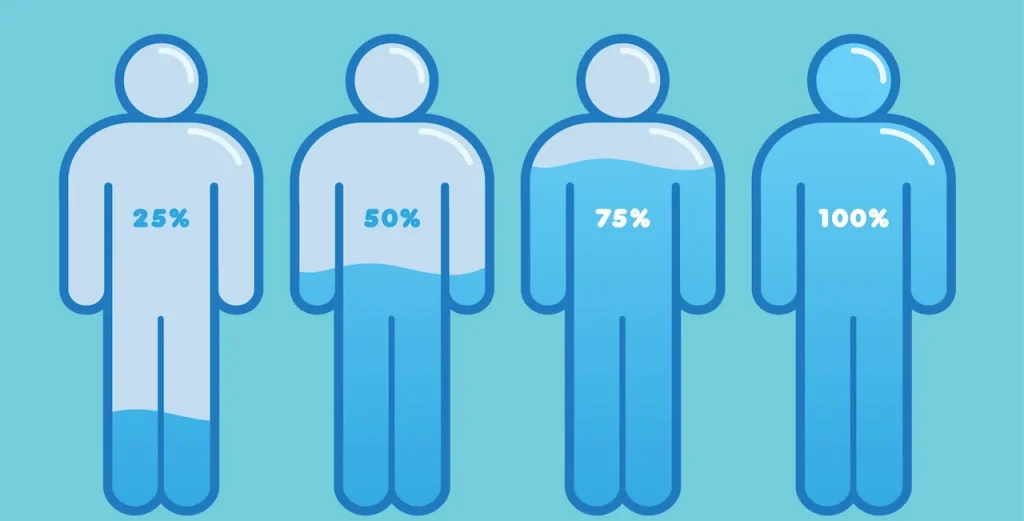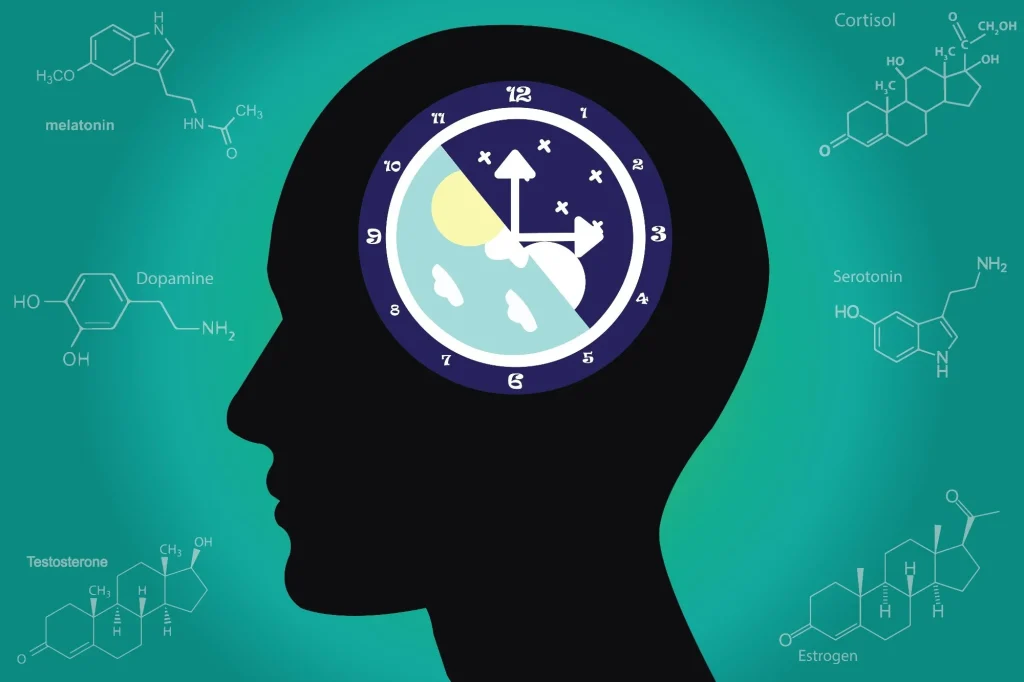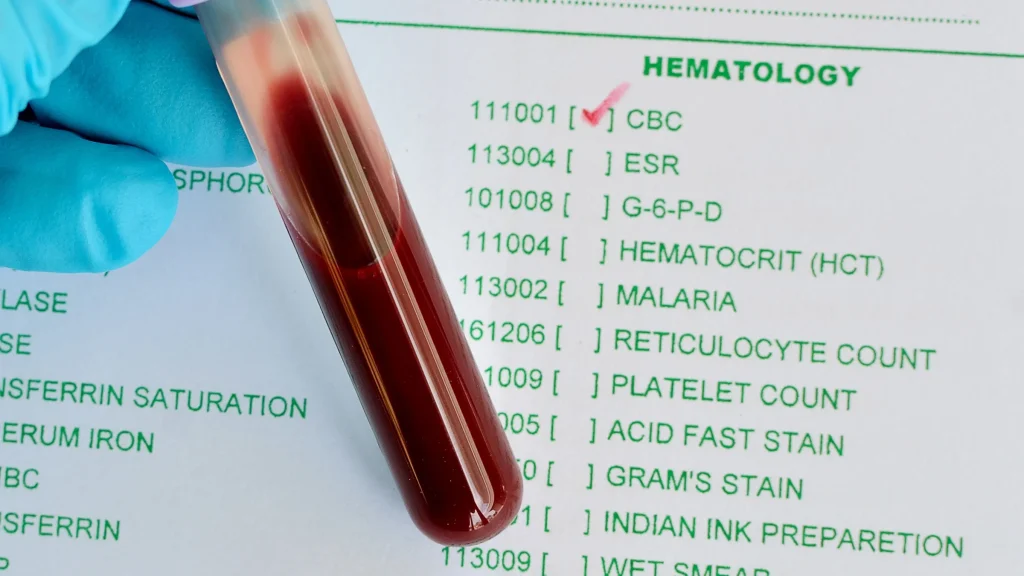Why You Should Regularly Visit Your Internist
Regular visits to an internist are essential to maintain optimal health. An internist, also known as an internist, specializes in diagnosing and treating a wide range of adult diseases. These specialists are skilled in managing chronic diseases, preventing illness and promoting overall well-being.
The Importance of Comprehensive Health Management by an Internist
Internists provide comprehensive health management, focusing on the whole person rather than just specific symptoms. According to the American College of Physicians, internists are trained to handle complex medical problems and coordinate care between different specialists. This holistic approach ensures that all aspects of your health are addressed, which can lead to better outcomes in the long run.
Management of Chronic Diseases by an Internist
Internists are experts in managing chronic diseases such as diabetes, hypertension and heart disease. They work closely with patients to develop personalized treatment plans that address individual needs. The Mayo Clinic emphasizes the importance of regular monitoring and adjustments to treatment to effectively control chronic conditions. This ongoing management can prevent complications and improve quality of life.
The Role of Internist in Preventive Care and Early Diagnosis
Preventive care is a cornerstone of internal medicine. Internal medicine specialists emphasize the importance of routine check-ups, screenings and vaccinations to detect potential health problems early. The Centers for Disease Control and Prevention (CDC) reports that early detection of diseases through regular screenings can significantly improve treatment outcomes. Internists use their expertise to identify risk factors and implement preventive measures.
How Internists Coordinate Specialist Care for Comprehensive Treatment
When specialized care is needed, internists coordinate with other healthcare providers to ensure seamless and comprehensive treatment. For example, if you need to see a cardiologist or neurologist, your internist will work with these specialists to effectively manage your care. The Journal of General Internal Medicine highlights the role of internists in facilitating communication between different healthcare providers and ensuring that all aspects of a patient’s health are considered.
Personalized Treatment Plans Created by Internists
Internists tailor treatment plans to meet the unique needs of each patient. Whether managing a chronic disease, addressing acute conditions or providing preventive care, internists use their extensive knowledge and experience to create effective strategies. The National Institutes of Health (NIH) explains that personalized treatment plans are crucial to achieving optimal health outcomes because they take into account a patient’s medical history, lifestyle and preferences.
Managing Complex Medical Conditions with Internist Expertise
Internists are skilled at managing complex medical conditions involving multiple systems of the body. They are trained to handle cases where different diseases interact and affect each other. According to the Cleveland Clinic, internists’ ability to manage complex cases ensures that patients receive comprehensive care, reducing the risk of complications and hospitalizations.
The Value of Preventive Health Education Provided by Internists
Education is a vital part of an internist’s role. They provide patients with information on how to maintain a healthy lifestyle, manage stress and prevent disease. The World Health Organization (WHO) emphasizes that health education is essential for individuals to take control of their health. Internists offer guidance on nutrition, exercise and other lifestyle factors that contribute to overall health.
Regular Check-ups with Internist for Continuous Health Monitoring
Regular check-ups with an internist are essential to monitor your health and detect changes that may require intervention. The American Medical Association (AMA) states that routine visits help maintain health, manage existing conditions and catch new problems early. Internists use these appointments to update medical histories, review medications and perform any necessary tests.
How Internists Adopt a Holistic Approach to Health and Wellbeing
Internists take a holistic approach to health, considering the physical, emotional and social aspects of a patient’s health. This comprehensive view ensures that all factors contributing to a patient’s health are addressed. The National Health Service (NHS) emphasizes the importance of a holistic approach in achieving long-term health and preventing disease.



Contents
The Impact of Dehydration on Overall Body Health
Dehydration often begins quietly, yet it can affect energy, focus, digestion, circulation, and organ function long before thirst signals appear or medical attention is considered. Have you ever felt unusually[…]
Read moreImportance of Routine Screenings in Internal Medicine
Understanding the importance of routine screenings in internal medicine helps patients detect silent conditions early because many serious diseases develop quietly and progress without noticeable symptoms until late stages when[…]
Read moreIntermittent Fasting and Its Impact on Metabolism
The growing interest in intermittent fasting keeps rising as many people wonder whether structured eating windows can truly support a healthier metabolism, and the first important point to understand is[…]
Read moreWhat Is Polypharmacy and Why Is It Risky?
Have you ever opened your medicine drawer and wondered how all those pills slowly became part of your daily routine without you noticing the change? Many patients only realise the[…]
Read moreCan Lifestyle Changes Reverse Type 2 Diabetes?
A neighbor once shared how his blood sugar readings dropped after simple dietary adjustments, and his surprise reflected a question many people ask when they see early improvements. These small[…]
Read moreThe importance of sleep for metabolic health
You probably know the feeling after a short night. Breakfast tastes louder and snacks call your name. Your steps feel heavier despite the same route. A small task suddenly needs[…]
Read moreRecognizing the Early Warning Signs of Kidney Disease
Detecting issues within the renal system early on presents a challenge precisely because the body possesses a remarkable compensatory capacity, meaning that a substantial portion of kidney function can be[…]
Read moreWhat Is a CBC Test and Why Is It Ordered?
The Complete Blood Count, ubiquitously referred to as a CBC, is far more than a mere tally of the cells floating in the bloodstream; it is a fundamental diagnostic tool,[…]
Read moreWhy You Shouldn’t Skip Your Annual Physical
Many people, especially those who consider themselves fit and symptom-free, approach the suggestion of an annual physical exam with a sense of dismissal, often viewing it as a bureaucratic chore[…]
Read more








